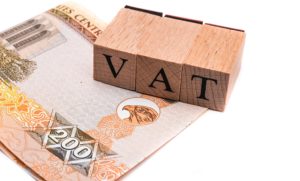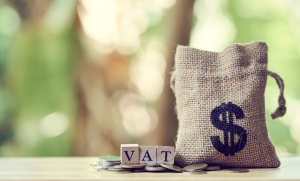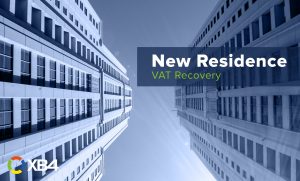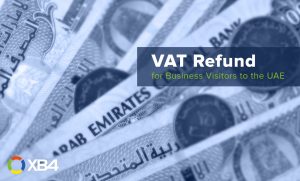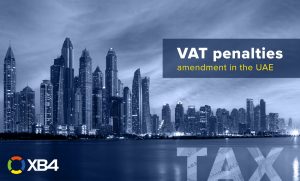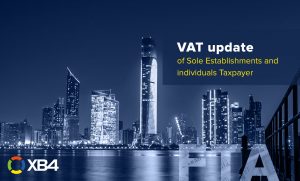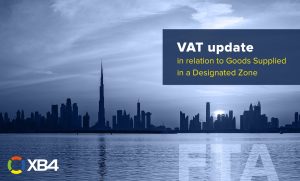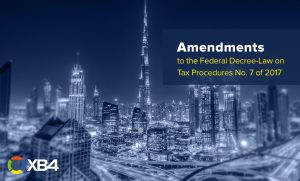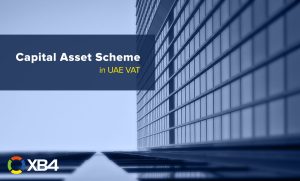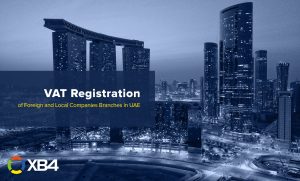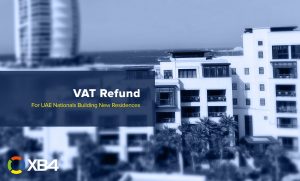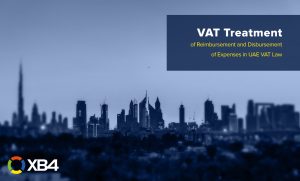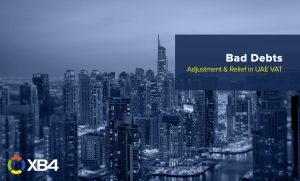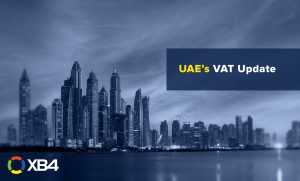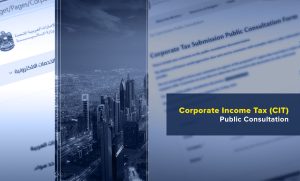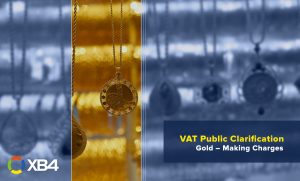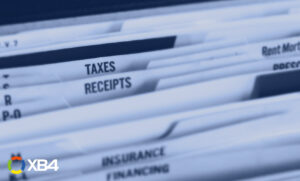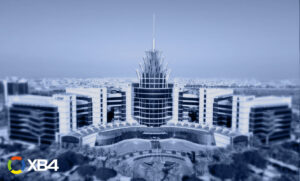
The UAE Ministry of Finance has released two new decisions that together specify the main features of the Corporate Tax regime as it applies to juridical persons operating out of free zones in the UAE. These include Cabinet Decision No. 55 of 2023 on Determining Qualifying Income and Ministerial Decision No. 139 of 2023 on Qualifying Activities and Excluded Activities.
Both Decisions came into effect on 1 June 2023 and should be read in conjunction to fully understand the proposed rules.
Scope: The provisions of both Decisions shall apply to Qualifying Free Zone Persons.
According to the Cabinet Decision No. 55 of 2023, Qualifying Income of the Qualifying Free Zone Person shall include the below categories of income:
- Income derived from transactions with other Free Zone Persons, except for income derived from Excluded Activities.
- Income derived from transactions with a Non-Free Zone Person, but only in respect of Qualifying Activities that are not Excluded Activities.
- Any other income provided that the Qualifying Free Zone Person satisfies the de minimis requirements.
According to the Ministerial Decision No. 139 of 2023, the following activities conducted by a Qualifying Free Zone Person shall be considered as follows:
| a) Qualifying Activities | b) Excluded Activities |
|
|
De-minimis Requirements
The de minimis requirements shall be considered satisfied where the non-qualifying Revenue derived by the Qualifying Free Zone Person in a Tax Period does not exceed 5% of the total Revenue of the Qualifying Free Zone Person in that Tax Period as specified by the Minister, or an AED 5,000,000, whichever is lower.
- Non-qualifying Revenue is Revenue derived in a Tax Period from any of the following:
- Excluded Activities.
- Activities that are not Qualifying Activities where the other party to the transaction is a Non-Free Zone Person.
- Total Revenue is all Revenue derived by a Qualifying Free Zone Person in a Tax Period.
The following Revenue shall not be included in the calculation of non-qualifying Revenue and Total Revenue:
- Revenue attributable to immovable property located in a Free Zone derived from the following transactions:
- Transactions with Non-Free Zone Persons in respect of Commercial Property.
- Transactions with any Person in respect of immovable property that is not Commercial Property.
- Revenue attributable to a Domestic Permanent Establishment or a Foreign Permanent Establishment of the Qualifying Free Zone Person.
Note: Where the de minimis requirements are not met, or the Free Zone Person does not continue to meet any of the other qualifying conditions, the Free Zone Person will no longer be able to benefit from the Free Zone Corporate Tax regime for a minimum period of five (5) years. During this period, the Free Zone Person will be treated as an ordinary Taxable Person and be subject to Corporate Tax at the rate of 9% on their Taxable Income above AED 375,000.
Income Attributable to a Domestic Permanent Establishment or a Foreign Permanent Establishment
Domestic Permanent Establishment: A place of business or other forms of presence of a Qualifying Free Zone Person outside the Free Zone in the State.
Income attributable to a Domestic Permanent Establishment or a Foreign Permanent Establishment of the Qualifying Free Zone Person shall be considered Taxable Income and taxed at 9%.
Income Attributable to Immovable Property Located in a Free Zone
Income attributable to immovable property located in a Free Zone that is derived from the below transactions shall be considered Taxable Income and taxed and taxed at 9%:
- Transactions with Non-Free Zone Persons in respect of Commercial Property.
- Transactions with any Person in respect of immovable property that is not Commercial Property.
Maintaining Adequate Substance in a Free Zone and Outsourcing
A Qualifying Free Zone Person shall undertake its core income-generating activities in a Free Zone and, having regard to the level of the activities carried out, have adequate assets, an adequate number of qualified employees, and incur an adequate amount of operating expenditures.
The activities can be outsourced to a Related Party or third party under the supervision of the Qualifying Free Zone Person.
Audited Financial Statements
As per Ministerial Decision No. 139 of 2023, which confirms the requirement that if a Free Zone Person is seeking to be treated as a QFZP it is required to prepare audited financial statements for the tax year.







